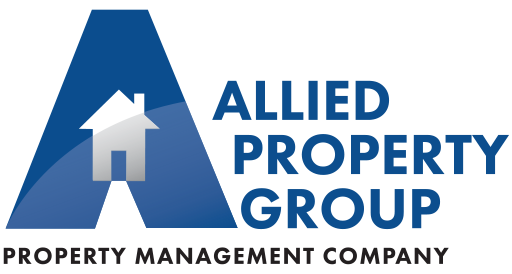By: Ana Sanchez Rivero, LCAM
There are many factors that contribute to your condominium or HOA unit’s property value. One of the fastest ways to impact property values in your association is by revamping your community’s landscaping. New bushes, seasonal flowers, and fresh mulch can go a long way in helping your community stand out. Buyers pay very close attention to a community’s entrance and their overall upkeep when considering buying a home in a condominium or homeowner association. To keep your newly landscaped area looking its best, it is important to ensure that your association’s irrigation system is working properly.
In this week’s podcast of Community Association Matters we interviewed Laura Vasquez of the UF/IFAS Miami-Dade County Extension to help us understand the different components of an irrigation system and how to ensure that it is working efficiently. The Miami-Dade Extension has several programs, one of which is the Urban Conservation Unit where members of the team come out to condominium and homeowner associations to evaluate ways that they can help conserve water and provide participating associations rebates. Essentially, they review an association’s irrigation system, its design, the timers, and other components. The team then makes recommendations as to how your irrigation system can become more efficient and reduce waste. The association also receives rebates and irrigation equipment to help continue the water conservation efforts.
Irrigation plays a pivotal role in ensuring that your plant life is healthy, because it provides one the most important resources a plant needs, water. Laura explains that even in the summer months associations should run their irrigation system. The reason for this, she adds, is that rain normally falls once a day, so all of the water comes in one period in the day. The evaporation rate is so much higher in the summer months due to the high heat index. In addition, the soil is not able to retain all of that water and as a result, the excess water runs off. Thus, plant life do not receive the nutrients it needs. Ideally, it is best to hand water your plants because you control how much water you give and for how long.
Unfortunately, in today’s hectic day and age, hand-watering is not feasible; not to mention impossible in associations with vast green areas. The problem with irrigation systems is that people usually set them but do not check on them regularly. The system could come on when not needed; there could be a broken pipe that is undetected; or the direction of the sprinkler heads can overlap. It is important managers, maintenance staff, and even Board members be familiar with the community’s irrigation system to ensure that your system is working efficiently and correctly. An automated system is great and has tools that can help you do a better job of maintaining your irrigation system. And yes – there’s an app for that!
Weather devices such as a rain sensor, backflow preventer devices, and irrigation sub meters are important parts to help conserve water and make sure that your system is working well. In addition, these components help ensure that you are not overwatering your plants, since that too can be harmful to plant life. It is also important to understand that the soil in South Florida is very different throughout the different regions. For example, the soil in Homestead is vastly different from the soil in Miami Beach. Your irrigation company and/or landscape company should have a basic understanding of this to help your condominium or homeowner association prevent run off.
One of the ways that the irrigation industry is helping in conservation efforts is through technology. There have been tremendous advances in irrigation technology. For example, there are Smart Controllers such as Evaporation Transpiration (ETs) that allow us to enter the amount sod we have, the different types of plants in a zone, the soil type, the type of sprinklers in a zone, and the location of that zone as it relates to sunlight and topographic layout of the area (if it is flat or has a slope). All of this information is calculated, along with the amount of rain and temperature. It then regulates how much water that zone needs based on all of this information.
Soil moisture sensors are separate to the Smart Controllers. These sensors go underground and should be located in numerous locations throughout the community. It then sends a signal to the timer in the morning letting it know how much water that soil received that day and if the soil has reach capacity. A message is then sent to the timer so that it does not turn on. Both of these systems are extremely effective and have been proven to save 50% of water consumption.
In addition, flow sensors let us know when there is a break in a sprinkler line. Flow sensors are attached to the smart controllers and it turns off the timer in that zone when the water flow is above the average water flow for that zone.
In ensuring that your community’s irrigation system is working properly and efficiently, you do your part in helping save water and helping your plants flourish. The UF/IFAS Miami-Dade Extension can come out to your condominium or homeowner association for a free evaluation of your irrigation system. Many of our associations have taken advantage of this initiative; we highly recommend it. For more information, you may contact Laura Vasquez at (305) 248-3311 extension 239 or visit their website. As always, there is a lot more that is discussed in the podcast. Click here to listen to this week’s episode and to subscribe to future episodes.



